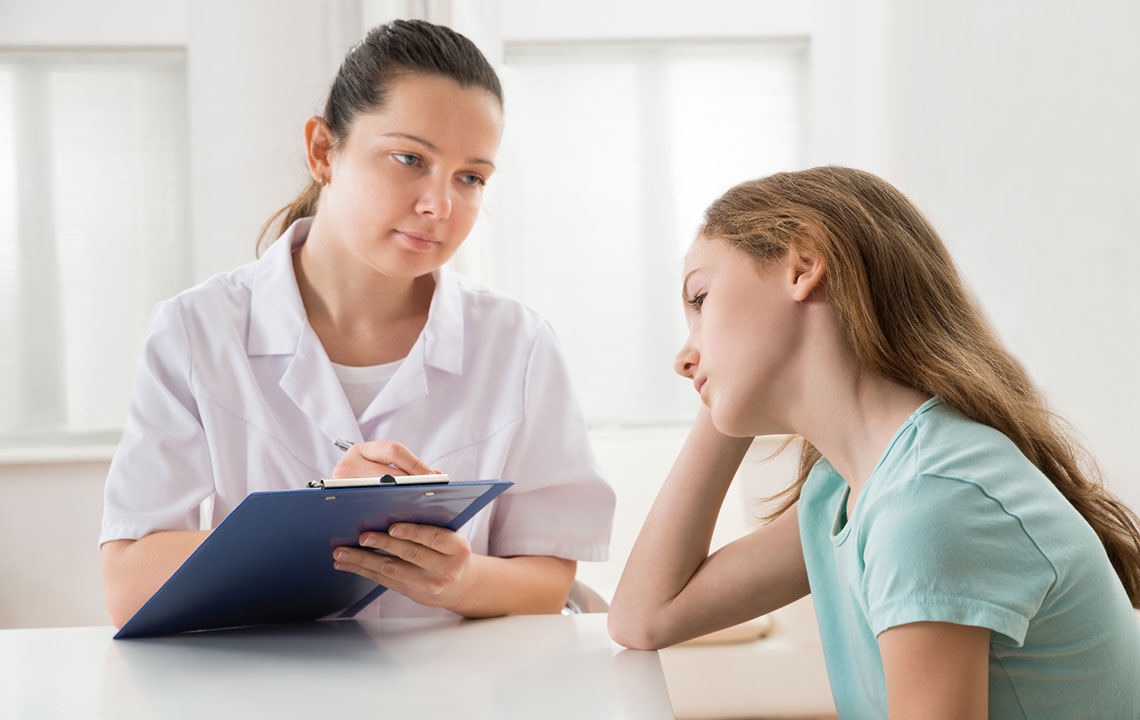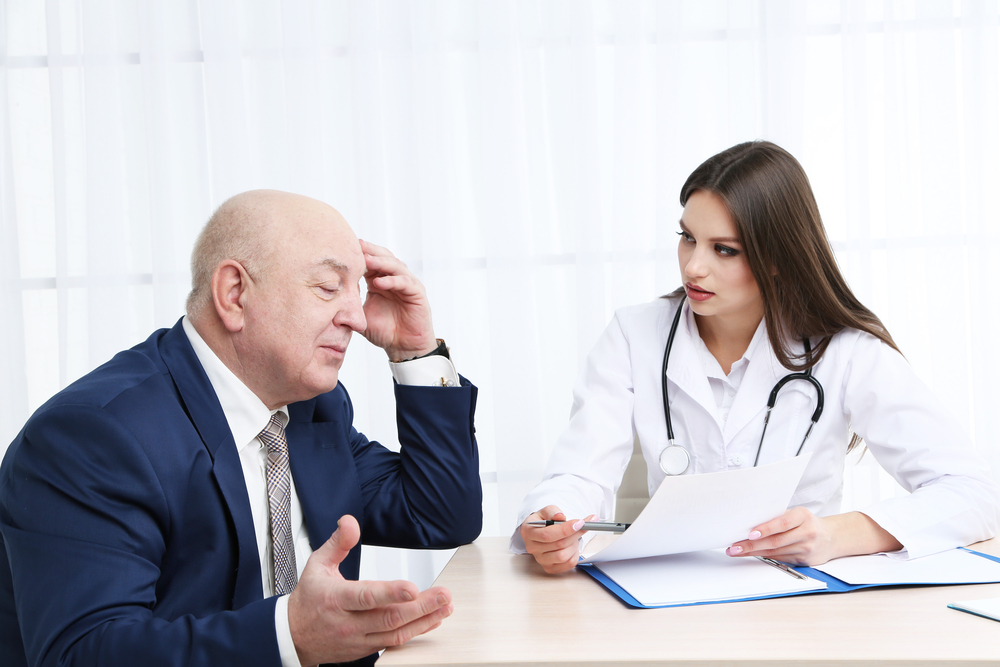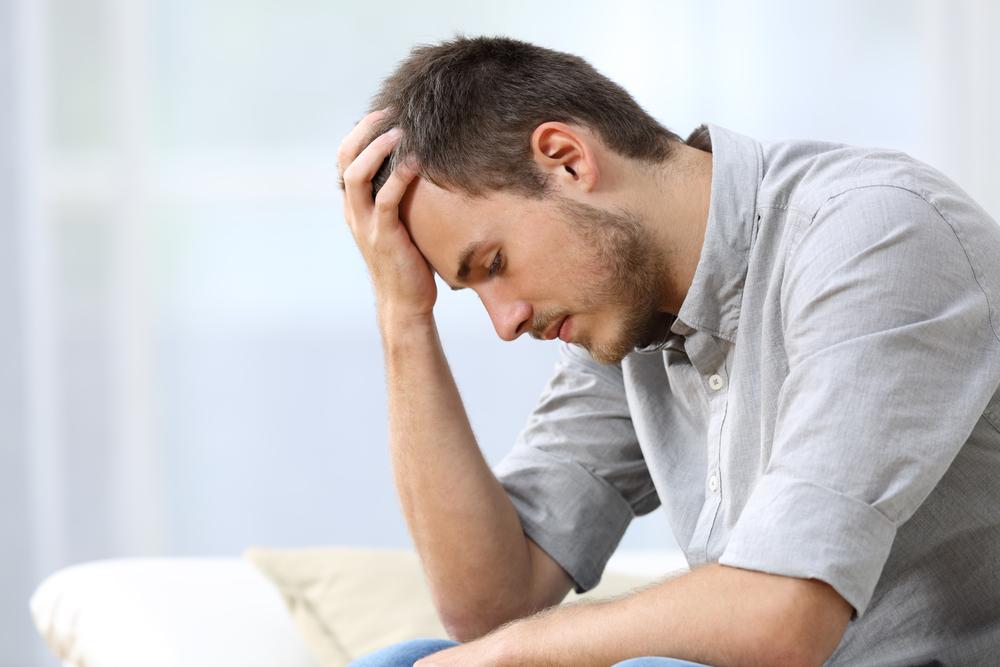Top Therapeutic Approaches in Depression Care Facilities
Discover the most effective therapies utilized in depression treatment centers, including CBT, medication, psychotherapy, ECT, and lifestyle adjustments. This comprehensive overview provides valuable insights into managing depression, emphasizing active patient participation and personalized care approaches. Learn how these therapies can help alleviate symptoms, address underlying issues, and support long-term mental well-being through evidence-based methods and lifestyle changes.

Top Therapeutic Approaches in Depression Care Facilities
Depression arises from a complex interplay of factors, including genetics, psychological states, biological imbalances, and environmental influences. While the idea that neurotransmitter imbalances cause depression has been difficult to verify, imaging studies show different brain patterns in those with depression. However, these findings don’t fully explain the condition or how to diagnose it. Ongoing research seeks to uncover the root causes, recognizing that genes may play a role, but environmental and personal factors are also significant.
Life events such as grief, relationship issues, stress, substance abuse, medical conditions, and certain medications can trigger depression episodes. Although there is no universal cure, various effective therapies are available at mental health clinics to support recovery.
Here are some of the most common treatments used in depression treatment centers:
Cognitive Behavioral Therapy (CBT)
This talk therapy focuses on changing negative thought patterns linked to depression. CBT helps patients identify and challenge harmful beliefs, recognize triggers, and develop healthier coping strategies. It encourages behavioral activation through engaging activities, promoting positive mood changes. With its goal-oriented approach, CBT empowers patients to take an active role in their healing, often lasting around 14 to 16 weeks through methods like role-playing, Socratic questioning, and imagery techniques.
Medication-Based Treatments
For some individuals, short-term therapy may not suffice. In such cases, antidepressant medications can help restore chemical balance in the brain, alleviating symptoms. It’s important for patients to consult healthcare providers about any other medications they are taking to ensure safe and effective treatment.
Psychotherapy
Focused on addressing underlying issues, psychotherapy helps patients understand emotional challenges and modify behaviors. This approach aims to enhance mental health, improve relationships, and develop social skills. Evidence-based therapies are commonly used within depression clinics to foster recovery.
Group Therapy
This collaborative approach involves sharing experiences with others facing similar struggles, providing mutual support and insight.
Electroconvulsive Therapy (ECT)
Previously known as shock therapy, ECT utilizes controlled electrical seizures to manage severe depression and suicidal ideation. Despite misconceptions, ECT can be life-saving, particularly when other treatments fail. It acts quickly but may require repeated sessions as effects tend to be temporary. ECT is only performed with patient consent.
Light Therapy
Used mainly during darker months, light therapy simulates natural sunlight to relieve seasonal depression.
Sometimes, simple lifestyle adjustments such as improved diet, regular exercise, sufficient sleep, and stress management can significantly reduce depressive symptoms. Comprehensive treatment plans often combine these approaches for optimal results.










